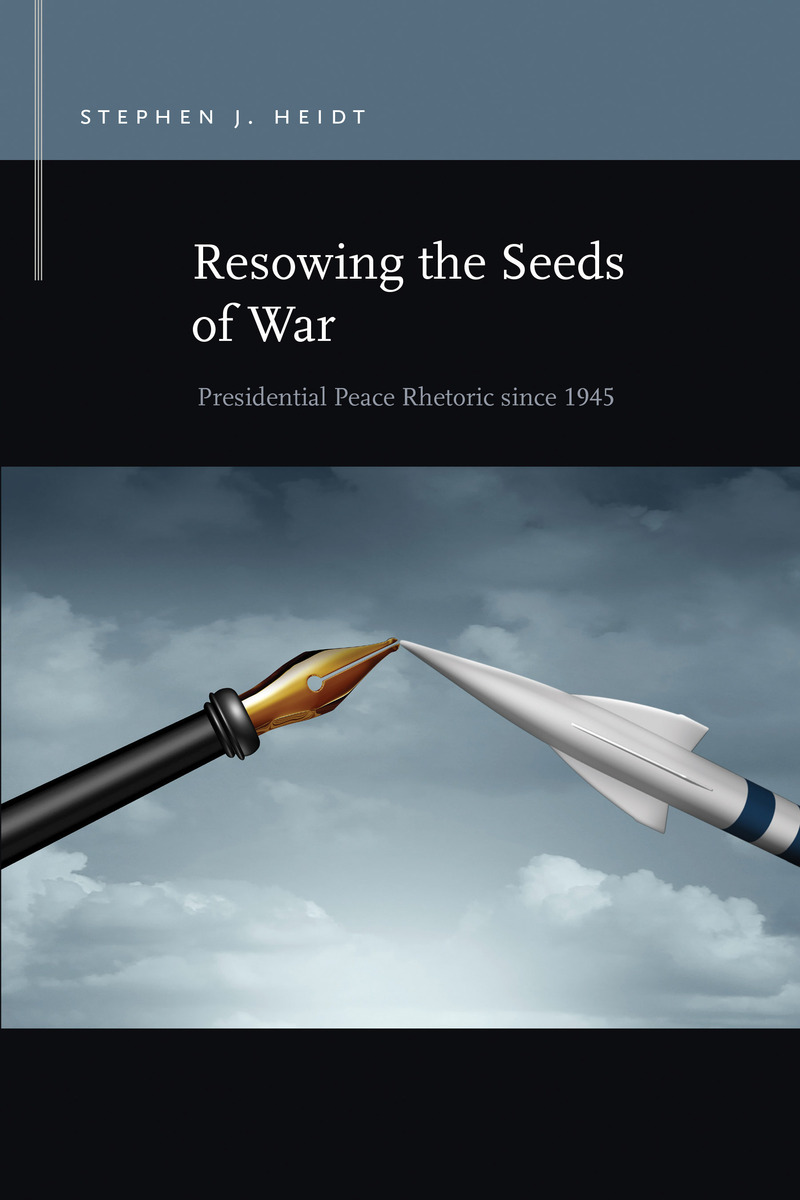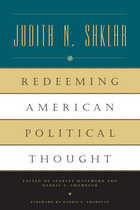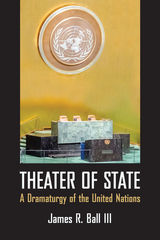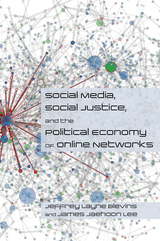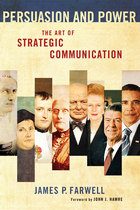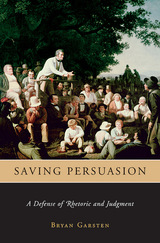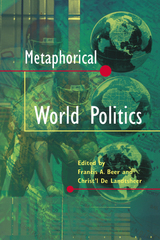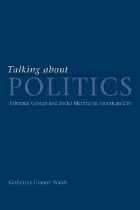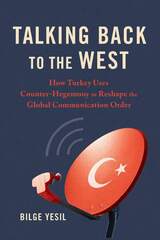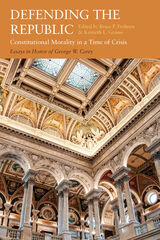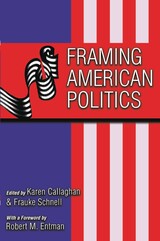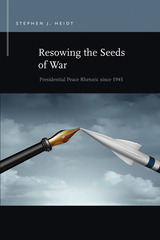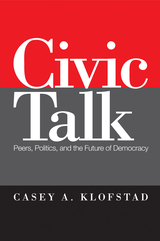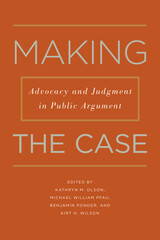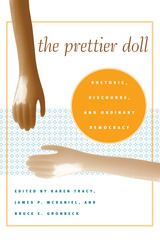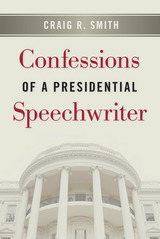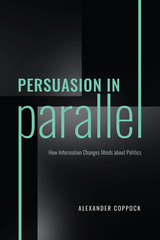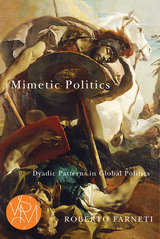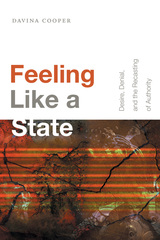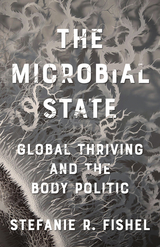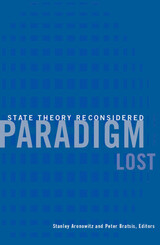Resowing the Seeds of War: Presidential Peace Rhetoric since 1945
Michigan State University Press, 2021
eISBN: 978-1-62896-419-6 | Paper: 978-1-61186-384-0
Library of Congress Classification JA85.2.U6H43 2021
Dewey Decimal Classification 327.1720973
eISBN: 978-1-62896-419-6 | Paper: 978-1-61186-384-0
Library of Congress Classification JA85.2.U6H43 2021
Dewey Decimal Classification 327.1720973
ABOUT THIS BOOK | AUTHOR BIOGRAPHY | REVIEWS | TOC | REQUEST ACCESSIBLE FILE
ABOUT THIS BOOK
Ending a war, as Fred Charles Iklé wrote, poses a much greater challenge than beginning one. In addition to issues related to battle tactics, prisoners of war, diplomatic relations, and cease-fire negotiations, ending war involves domestic political calculations. Balancing the tides of public opinion versus policy needs poses a deep and enduring problem for presidents. In a first-of-its-kind study, Resowing the Seeds of War explains how Presidents Truman, Eisenhower, Nixon, and Obama managed the political, policy, and bureaucratic challenges that arise at the end of war via a series of rhetorical choices that reframe, modify, or unravel depictions of national enemies, the cause of the conflict, and the stakes for the nation and world. This end-of-war rhetoric justifies ending hostilities, rationalizes postwar national policy, argues for the construction of postwar security arrangements, and often sustains public support for massive financial investment in reconstruction. By tracking presidential manipulations of savage imagery from World War II to the War on Terror, this book concludes that even as metaphoric reframing facilitates exit from conflict, it incurs unexpected consequences that make national involvement in the next conflict more likely.
See other books on: Communication in politics | Language | Peace-building, American | Presidents | Seeds
See other titles from Michigan State University Press
